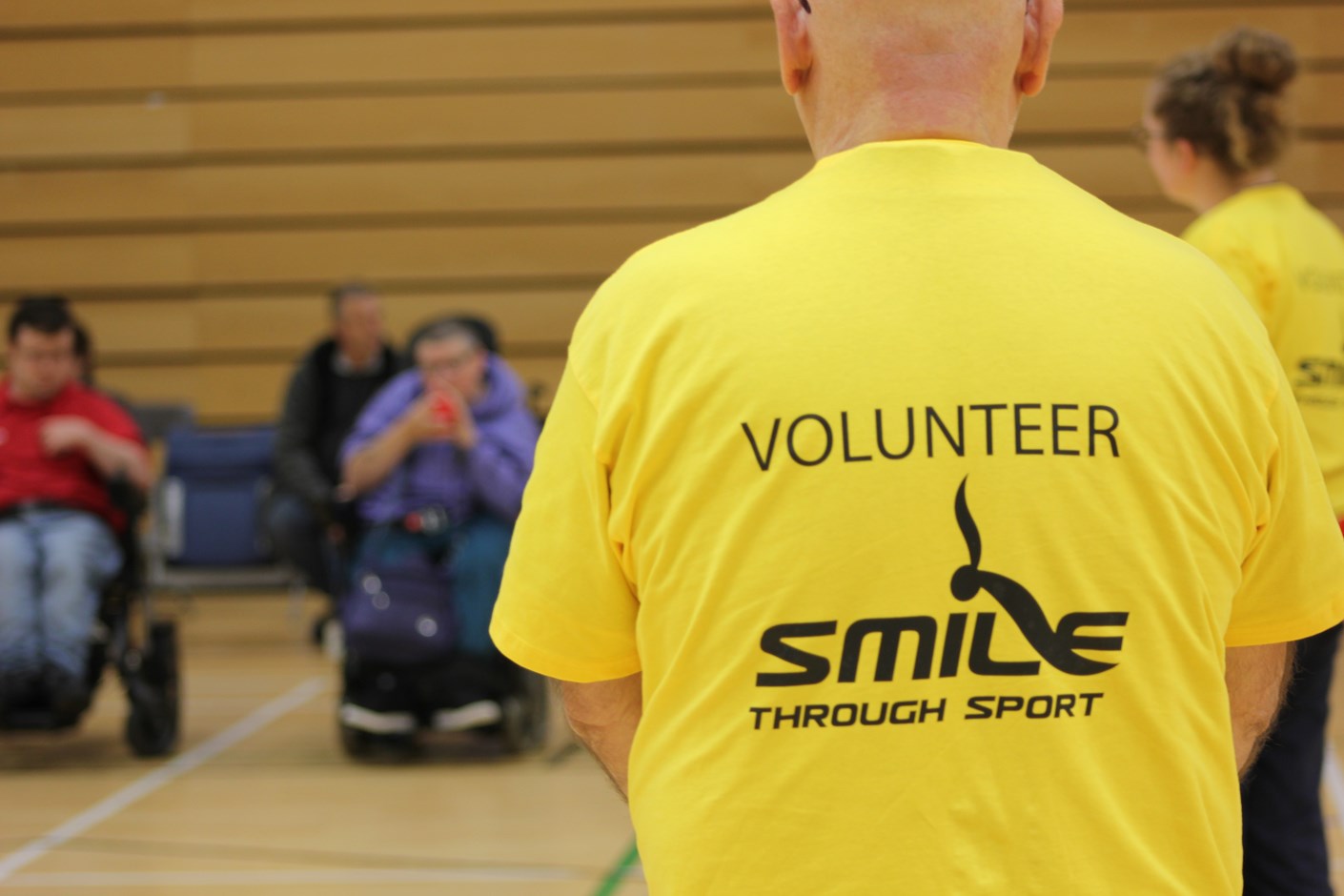Spotlight Session: North of Tyne Local Skills Accountability Board
We caught up with Rachel Miller, Managing Director of Smile Through Sport, to talk about how her involvement with the North of Tyne Local Skills Accountability Board has helped to drive forward their important work in the communities of North East England.
Local Skills Accountability Boards are responsible for developing and implementing local skills plans in their respective areas. These plans identify local skills gaps and define what is needed to help communities be more active to make businesses thrive and to give those working in the sport and physical activity sector great career pathways and opportunities.
By adopting this collaborative approach, CIMSPA is driving the realignment of our sector’s education provision to better match the needs of employers and deployers. This is a crucial element of the 2024–2030 strategy, Releasing the Power of Our Profession. Recruiting, training, supporting and retaining the workforce is a central theme. Together, we are better equipped to realise our sector’s potential to deliver health, economic and social value to our communities.
Find out more about Releasing the Power of Our Profession
Creating a legacy
Founded by Paralympian Stephen Miller MBE, Smile Through Sport is a charity which aims to provide events and education around sport and physical activity to people with disabilities, at any age, across north-east England.
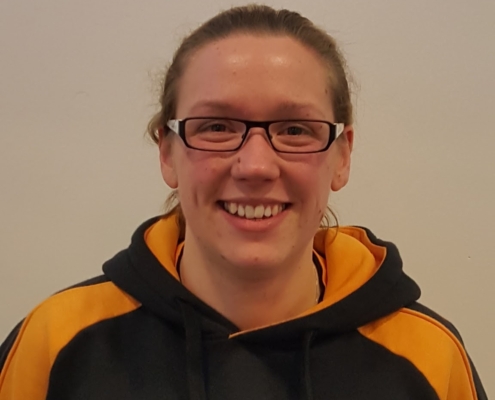
Rachel Miller is the Managing Director of Smile Through Sport, and is married to Stephen, six-time Paralympian and three-time Paralympic champion, having competed in Para athletics over three decades. Rachel studied Sport and Exercise Science (Economics and Development) at Liverpool John Moores University, continuing with a Masters in Sport Management at Northumbria University. After completing a disability sport placement at university and helping to run the North East Disability Sports Awards with Activity Alliance, Rachel has continued to work within sports development ever since. So, when the time felt right, the couple decided to set up the charity. Rachel explains:
“I’ve always worked in sports development and loved disability sports development, but I was made redundant right at the time that my husband was considering retirement and having some kind of legacy to his career. So, with those two life changes happening at the same time, we decided to set something up.”
Although it took 11 more years for Stephen to retire, Smile Through Sport was founded in 2013. Rachel continues to explain the charity’s services:
“We run events, sessions, competitions – anything that people can come to and take part in within sport. Alongside that, we do disability awareness training and upskilling people so that they can work with disabled participants.”
How the legacy has grown
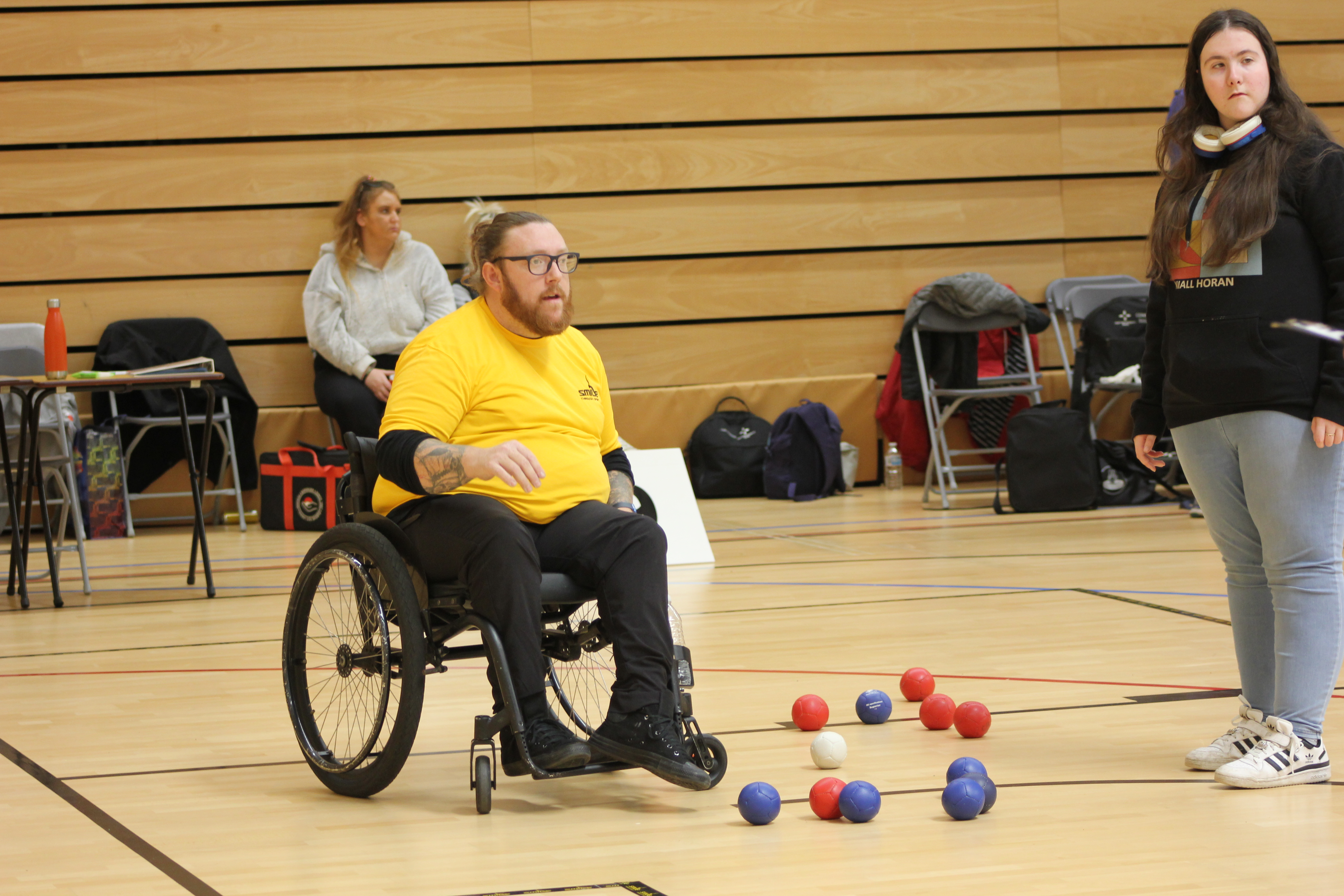 “When we started 11 years ago it was tiny – it was just me. The only equipment I had was one boccia set, and I used to just wander around day centres and colleges and say ‘you can do sport, you can try this, it’s OK’.
“When we started 11 years ago it was tiny – it was just me. The only equipment I had was one boccia set, and I used to just wander around day centres and colleges and say ‘you can do sport, you can try this, it’s OK’.
“We grew massively, and by 2019 we were sustainable – the charity was going well. But then we were decimated by the pandemic, like most people. Because we worked with people in care homes and those that were really vulnerable to Covid-19, we just stopped completely. 2023 was our first year back delivering, so it took us three years to get up and running again. This year is the biggest year we’ve ever had, but realistically we are still trying to catch up and recover after the pandemic.”
Joining the Local Skills Accountability Board
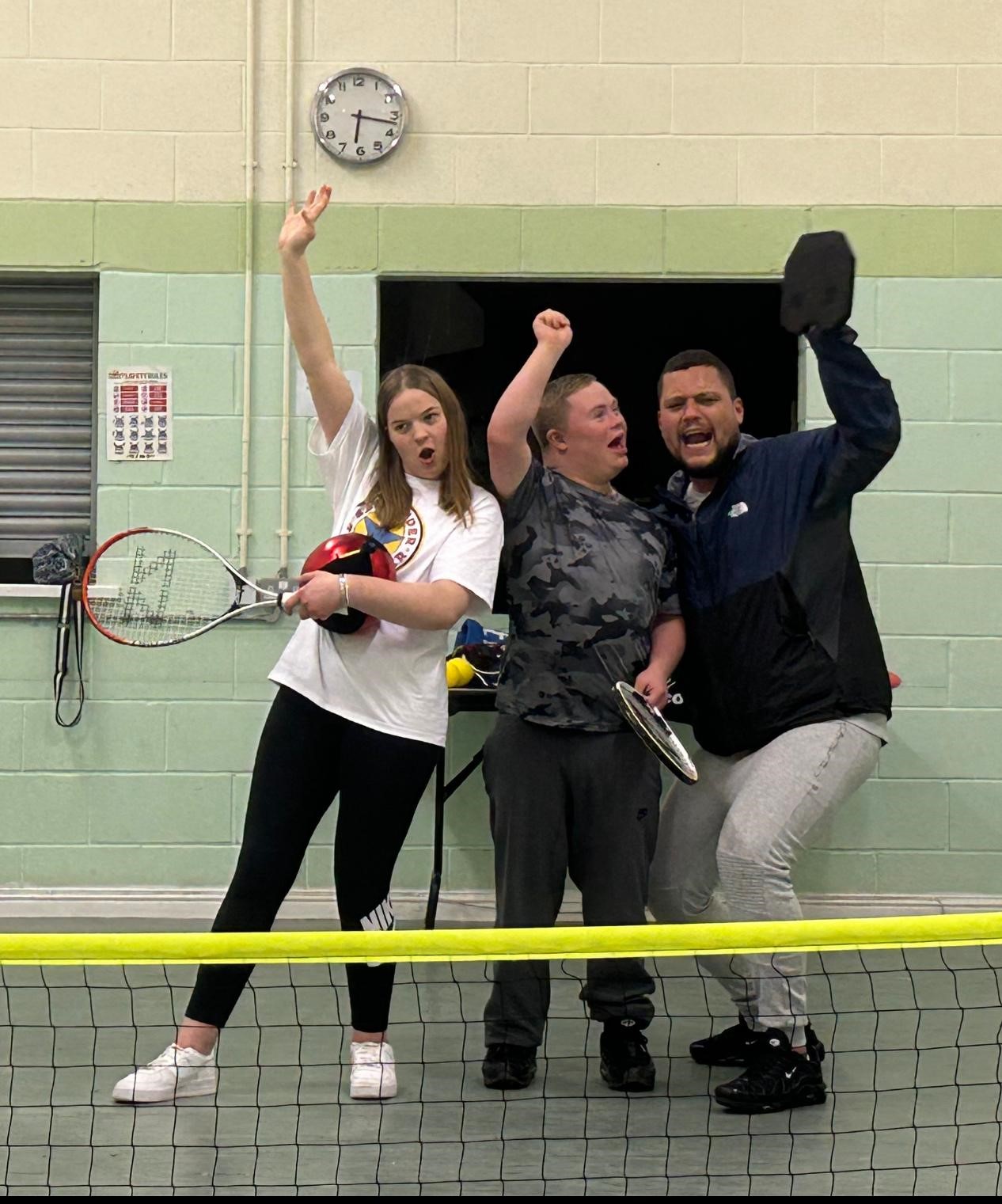
Rachel explains how the charity has utilised the opportunity of serving on the board to spread the word about their services:
“We do really good work and we can help lots of people to participate in sport and physical activity. We are also focusing a lot more on the education side, so it made sense to connect with people who are training to work within sport, as we can upskill them.”
“Lots of people don’t know we exist, and we quite often forget to let people know when we’re just busy with our heads down working. To that end, we knew that we needed to start networking and saying, ‘we’re over here, we can help’.
Andy Gray, Skills Hub Manager for North East of England, explains why he feels that Rachel’s presence and input on the board is crucial for a broader view of the sector:
“When I heard about Smile Through Sport, it made sense to get in touch with Rachel and ensure that we had her on the board for representation, making sure that we are an inclusive board. For me, it was really important to have her knowledge and expertise brought to the table.”
Find out more about local skills delivery
Collaborating within the board: The story so far
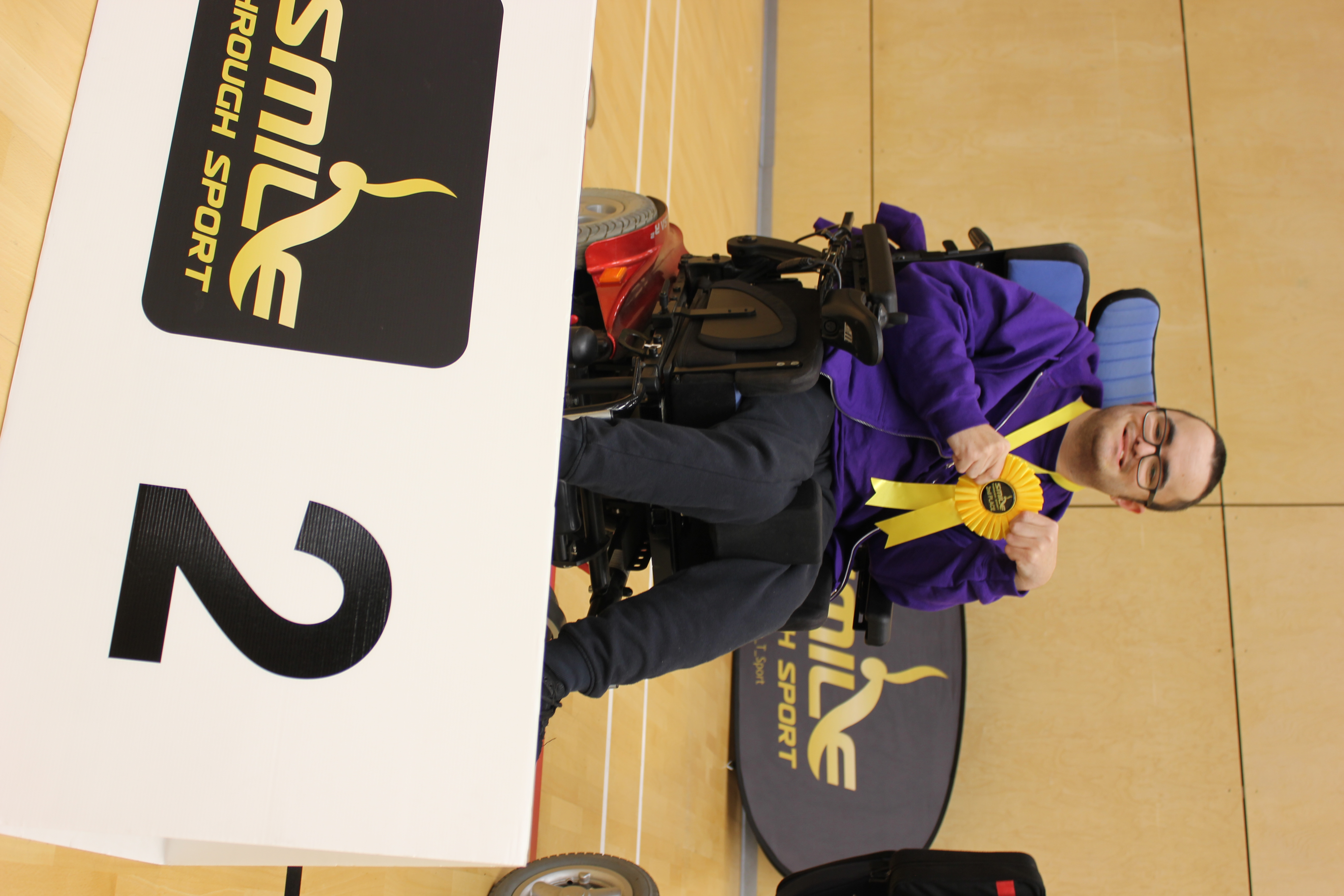
Rachel runs through how, since joining the board in early 2024, Smile Through Sport has been able to benefit:
“Contact details have been a real quick win for us; we came to the first meeting where we networked. We had the other 20 organisations’ contact details that we could get in touch with, so straight away that door was opened. It’s been lovely to hear people saying they’ve heard of us and to know that the message is out there.
“We’ve since been able to link up with colleges and run six events which college students have attended. We’ve also been involved in shaping a college’s curriculum from an inclusion point of view. Going forward, next year, we will be visiting three colleges where we will be contributing to the content of one of their courses, by tutoring on disability awareness.
“Looking ahead, we are hoping to trial a collaborative project to rewrite a level one qualification for coaching and pilot it. The aim is that it can be delivered as part of a college course and students can come out of college with the qualification to increase employability.”
Eyes on the sector workforce
A crucial element of the Local Skills Accountability Boards’ role involves looking at the current and future workforce of our sector. By enabling crucial stakeholders to have an input on course curriculum, we can ensure that training and education is delivered to a high standard. This will meet the criteria for the future workforce to be successful in employment, as well as promoting and implementing inclusivity across the sector.
Through the work carried out by Local Skills Accountability Boards, organisations like Smile Through Sport have had a much greater platform from which to reach out to students, potential workforce and volunteers: “We use these opportunities as recruitment drives.”
Rachel also talked to us about how Smile Through Sport uses an adapted approach to employment. Rather than the traditional CV-and-interview recruitment process, they observe an individual’s personality and skills in situ, in an environment that they are looking to work in. Using this more practical assessment method, they hope to bring out the exact qualities that are desired for the role.
“Someone might not necessarily be able to tell you what they can do on a CV, so I don’t put a lot of stock into formal resumes and application forms.
“It’s when I see that person delivering and doing – that’s how I know they’re the right fit. I’m not really that bothered if they can’t communicate this on a piece of paper. If they can deliver a coaching session, then that’s who I want – seeing people in action means more to me. Our link with the board has enabled us to do this with access to students.”
Looking forwards
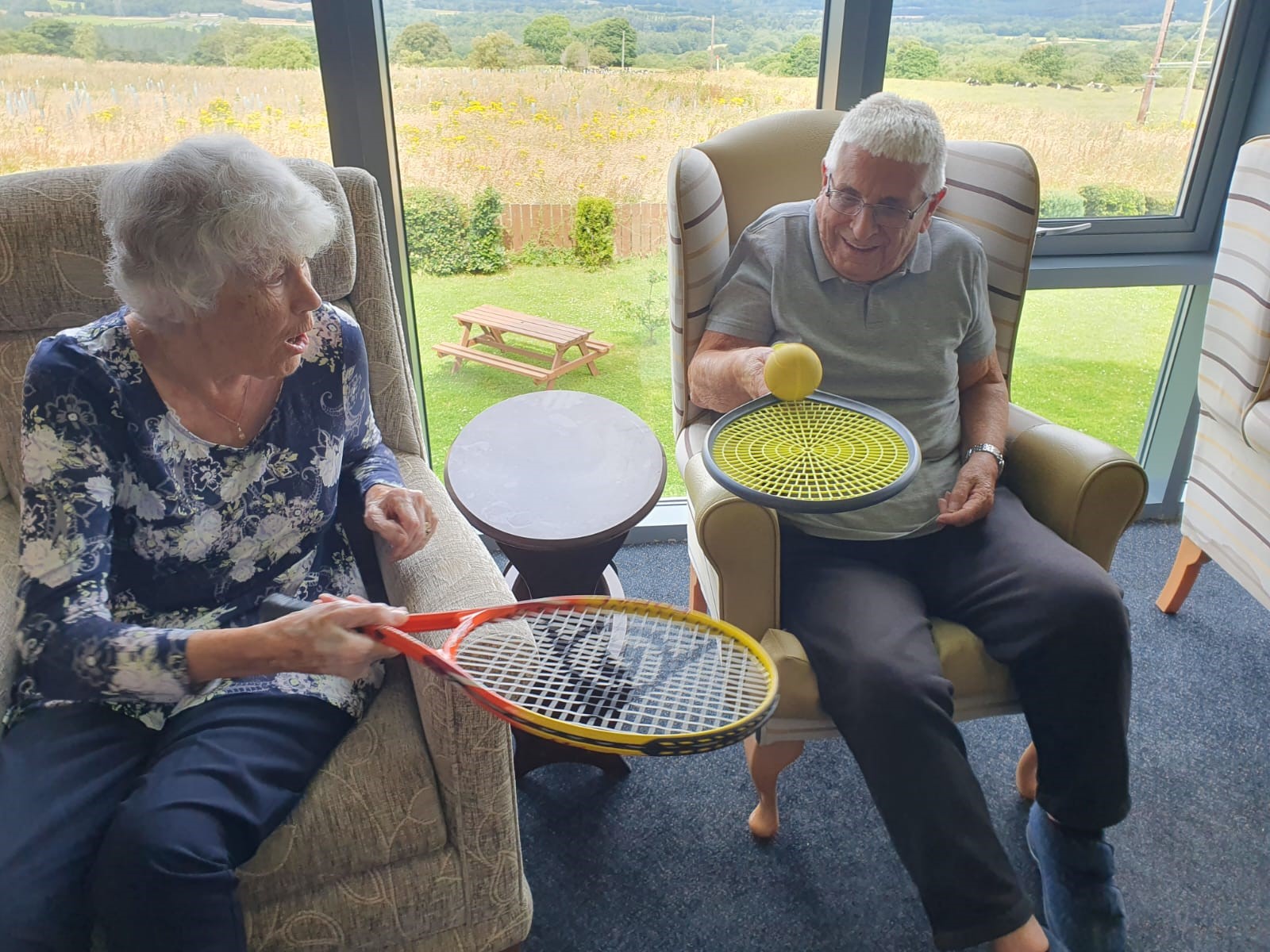
Joining the board has proven crucial to the organisation, providing a doorway that enables Smile Through Sport to travel towards becoming a sustainable charity again.
When asked what more she hopes to gain from the board, Rachel answered “We’d just like to have continuity of the charity’s success. It’s important that we maintain the motivation within the organisation to drive forwards with the work we are already doing and hope to grow in the future.”
Smile Through Sport have also recently joined the South of Tyne and Durham Board, where they will continue to contribute knowledge and expertise within this fundamental area of the sector.
Find out more about Smile Through Sport
